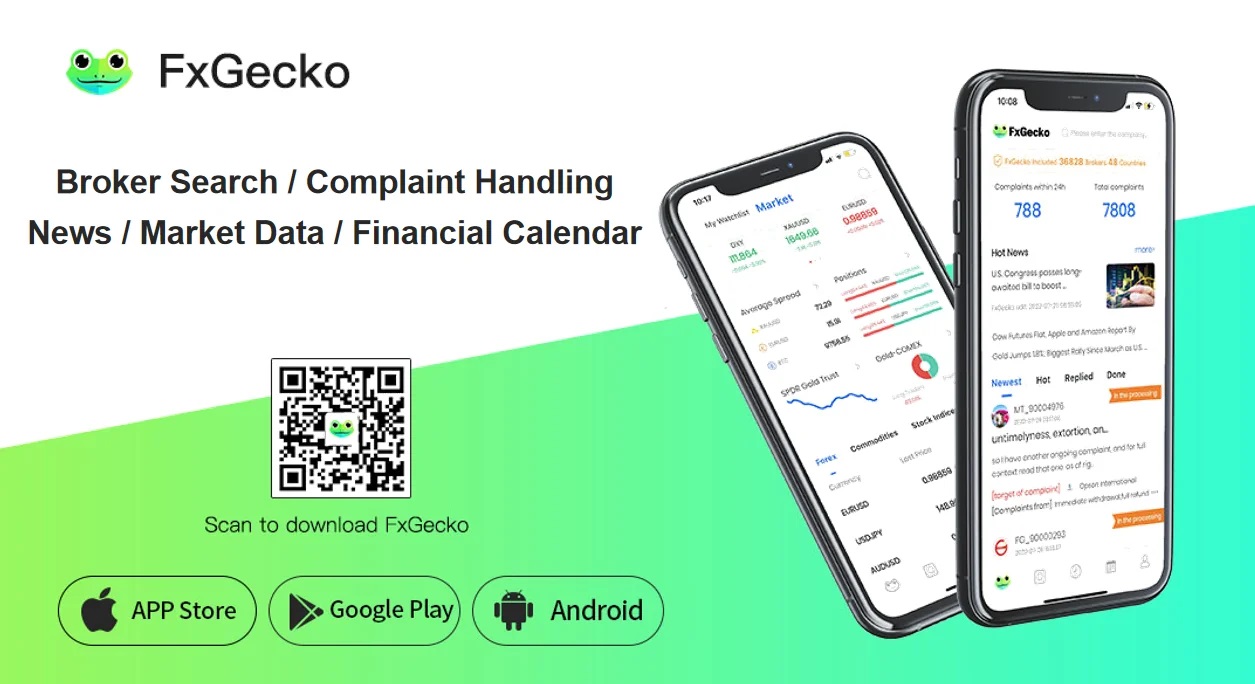In today’s world, data is the backbone of many businesses. A data strategy is a plan to acquire, store and maintain the data owned by a business or an entity. A good and functional data strategy could set your business apart from those in the same industry. This aside, why is having a data strategy important?
Importance of a Data Strategy
1. You Can Unlock What Data Can Do for Your Company
Data can take a company from one position to a whole new level. However, this can be hard to manage if you do not have a strategy. For instance, you need to understand how your clients behave toward a certain product or service. Having such information can help you know whether to continue with production, to improve on a certain aspect, and so much more. If you continue to understand how to operate, you can increase sales and productivity of products and services.
2. You Can Safely Collect More Data
With a functional data strategy, you can be able to collect the relevant data and do away with most of what does not help. One mistake that many companies make is they keep collecting anything that they term as data, even some that are meant to serve one time. This creates a mess that one has to sift through to just get the right data. A data strategy ensures that only the important data is collected and is made available to the relevant persons.
3. You Can Use Resources in The Organization More Efficiently
A lot of resources are used in the collection, dissemination, and storage of data in many companies. If the company does not have the right data management strategy, a lot of these resources are used in even the smallest tasks. However, finding a data strategy improves the way a company uses its resources, saving them resources in the process.
4. You Can Keep Up with The Trends That Affect Your Business
The world is dynamic, and failing to adapt to the changing trends and preferences of your customers can lead to ultimate closure. When trying to determine what to adopt and what to leave, a data strategy will be vital in aiding the decision-making process.
Creating a Functional Data Strategy
Questions like what is data governance and why it is important to have been answered, there are ways that you can use to build an effective data strategy. They include;
1) Consider the Business Strategy
The data strategy creation should serve the business strategy. Essentially, it is supposed to serve the growth of the business in both the short and long term. When creating the data strategy, it should answer basic questions in the business strategy, including how it will improve the customer service, how it will help increase profits, how it will help in increasing efficiency, and how it will increase sales. Make the use of the data strategy achievable to let it answer at least 3-5 of the big strategy questions. Start small and try not to bite off more than you can chew.
2) Have Short Term Goals
One way to make sure the data strategy you develop works is to set short-term goals that the strategy should achieve. Then you can fine-tune it to suit your need or change it entirely if it does not serve the purpose it is supposed to. The best thing about technology is that you can always tweak something to serve you better.
3) Section Out or Hire the Skill
When creating the right data strategy, you need to ensure that the right data handling skills are available. If you have qualified staff in-house, create a data department where they can focus on the data job. If none of your staff is qualified for the job, ensure that you find the right resources by outsourcing to a trusted data company. This should be agreed upon at the management level as you will be trusting another company with your secrets.
4) Consider Your Data Sources
Once you consider how and where you want the data strategy to serve you, you can consider where you want to source the data from. Consider if:
- You need to use only the internal data or whether you need to incorporate the external data too, such as social media or news sources.
- Whether you will use structured data, unstructured data, or both.
- How quickly you want to access the data when you need it.
- Whether you will need to do the strategy in-house or outsource it to a specified company.
5) Have A Governance Strategy
Data can sink or swim a business based on how well or how poorly it is managed. What is data governance? It is the management of the entire data strategy from source to dissemination. You need to take steps to ensure that the data is collected of high quality, is safe, and that you own it. One of the most important aspects of data governance is the security that you allocate. If the data you are using is not secure, you don’t just shout your business secrets to anyone willing to look; you put the data collected from your consumers at risk of exposure to strangers. This can lead to some terrible repercussions.
You need to ensure that data collection is being done ethically. To begin with, you should not collect personal data if the owners do not authorize you to do so. Consider the permissions that you need to access the data and whether your collection methods violate these permissions. Ensure you allocate the data management to a few people who can only handle it with the highest level of discretion. Involve a non-disclosure agreement if possible.
6) Implement and Monitor the Data Strategy
Once drawn out and planned, implement the strategy into your company and monitor its progress. Monitor if it works, if it needs to have some changes amended, and whether it needs to be changed. Offer training to the staff on how they need to adopt and use the data strategy to better their departments and on privacy policies as well. This will help in creating synergy and better work practices incorporating the strategy in day-to-day activities.
Creating a data strategy is an important step to make for any business, and it is also vital to consult with experts to avoid making costly mistakes in the process. Once incorporated, you will notice the positive effects it has on your business.








Add Comment